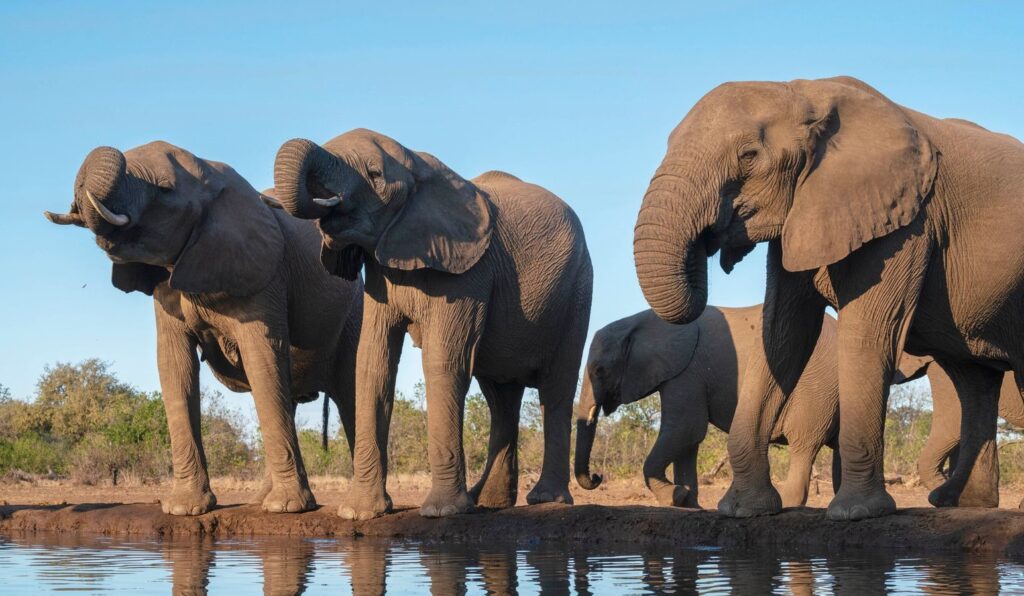04/04/2024
04/04/2024

JOHANNESBURG, South Africa, April 4: A public dispute between Botswana and Germany over hunting and conservation has escalated as Botswana's President Mokgweetsi Masisi reportedly threatened to send 20,000 African elephants to "roam free" in Germany, according to German newspaper Bild.
The threat follows Germany's government announcement earlier this year of its intention to restrict hunters from importing hunting trophies from Africa into the country. Masisi's response highlights the complexities surrounding conservation efforts and the economic interests tied to wildlife management.
Botswana, home to approximately one-third of the world's elephant population, has seen a surge in elephant numbers due to conservation efforts. Masisi argues that trophy hunting is a vital tool for generating revenue while controlling elephant populations.
In a statement to Bild, Masisi challenged Germany to "live together with the animals" as they advocate, emphasizing the seriousness of his stance.
The issue reflects broader tensions between African nations and Western governments regarding conservation policies. Many African countries view wildlife as a valuable resource, contributing significantly to national income through tourism and hunting. However, proposed global bans on trophy hunting threaten to disrupt these revenue streams.
Botswana's elephant population, estimated at 130,000, presents challenges of overpopulation, leading to conflicts with local communities. Masisi highlighted the consequences of elephant-human conflicts, including crop destruction and fatalities.
The president's remarks underscore the urgency of finding sustainable solutions to balance conservation efforts with economic needs. As the debate continues, the fate of Botswana's elephants remains uncertain, raising questions about the broader implications of conservation policies on wildlife and communities.


